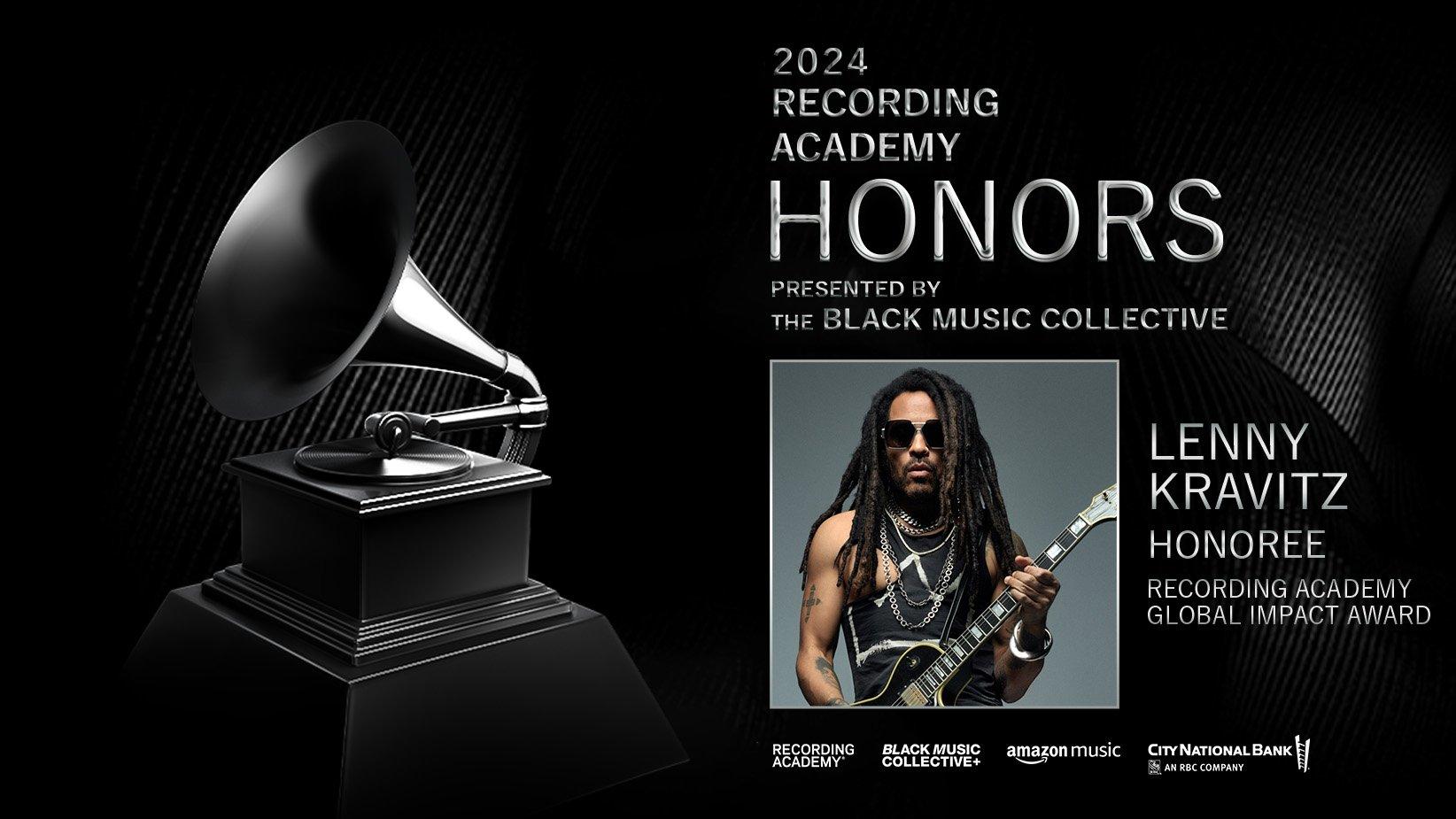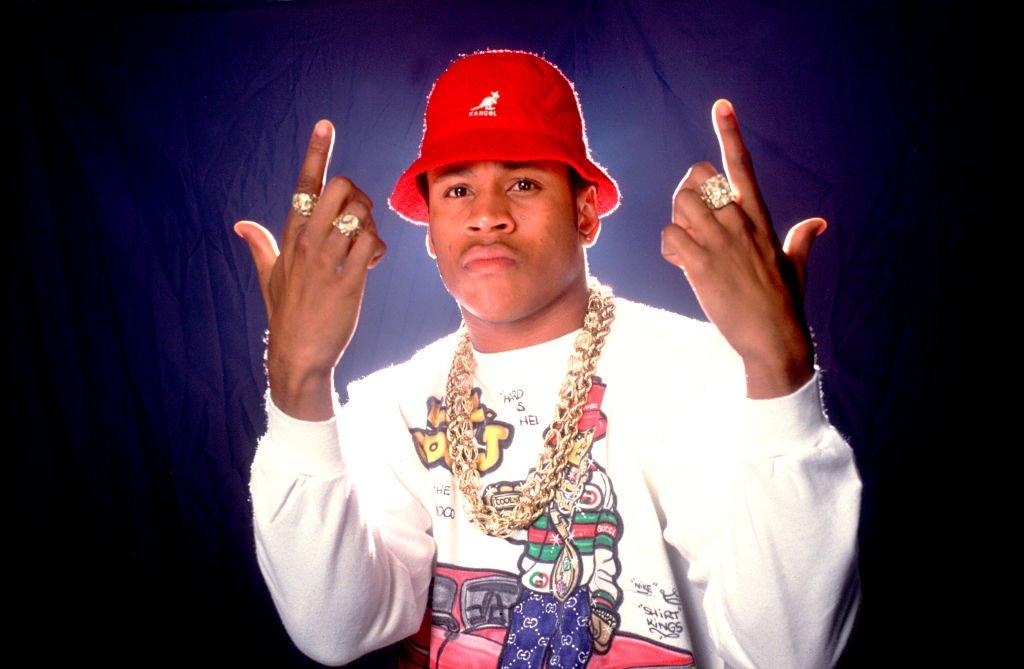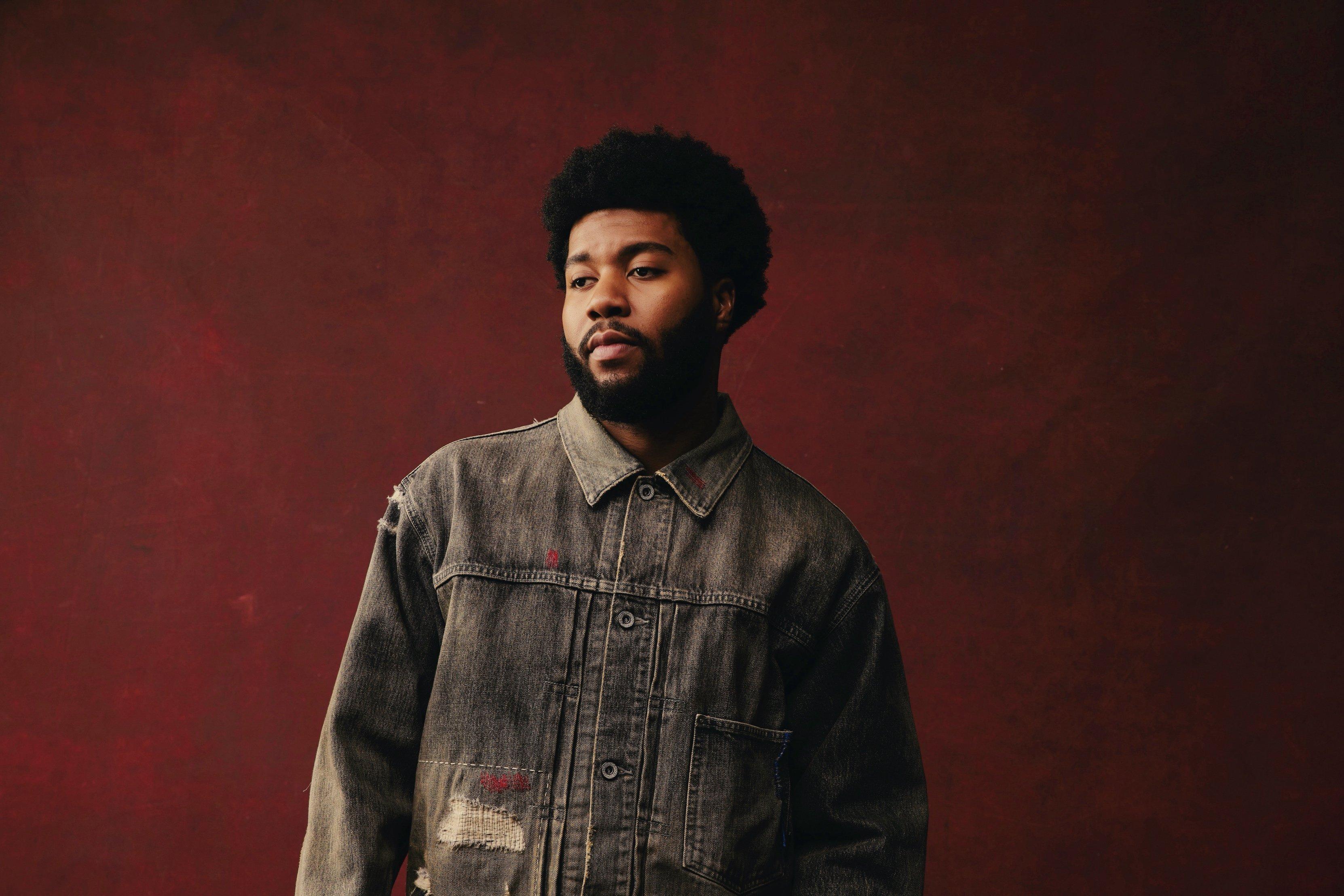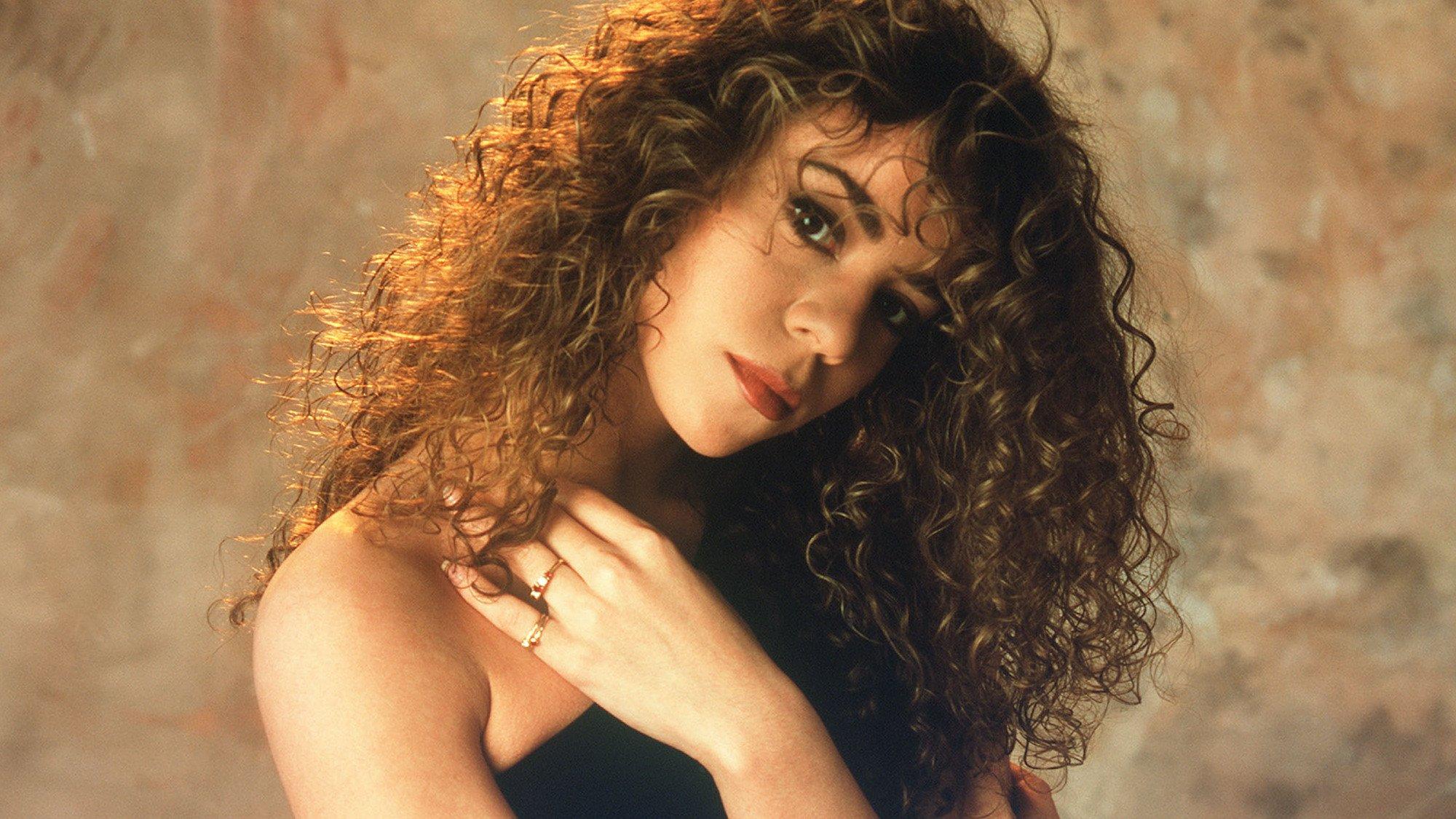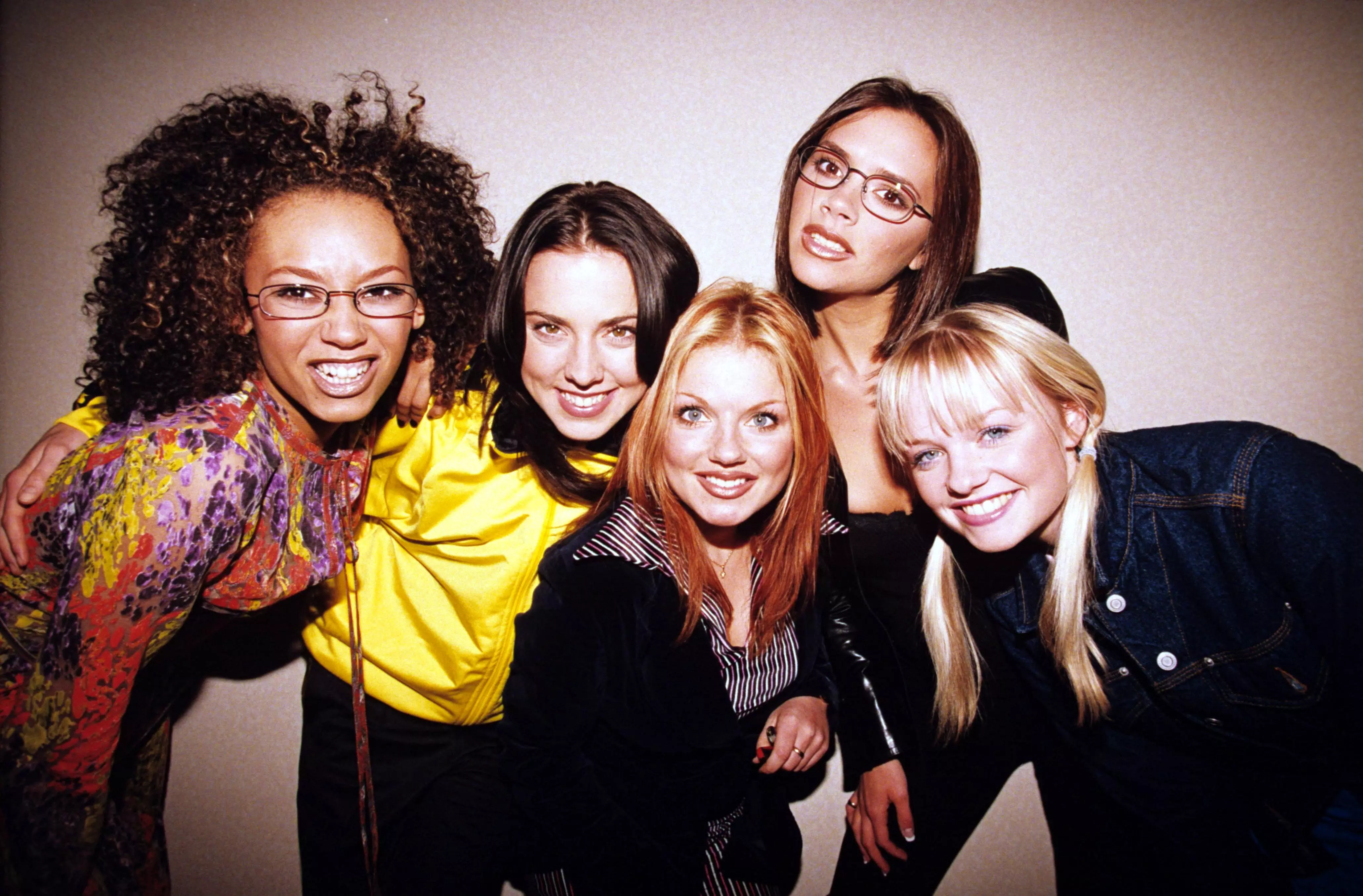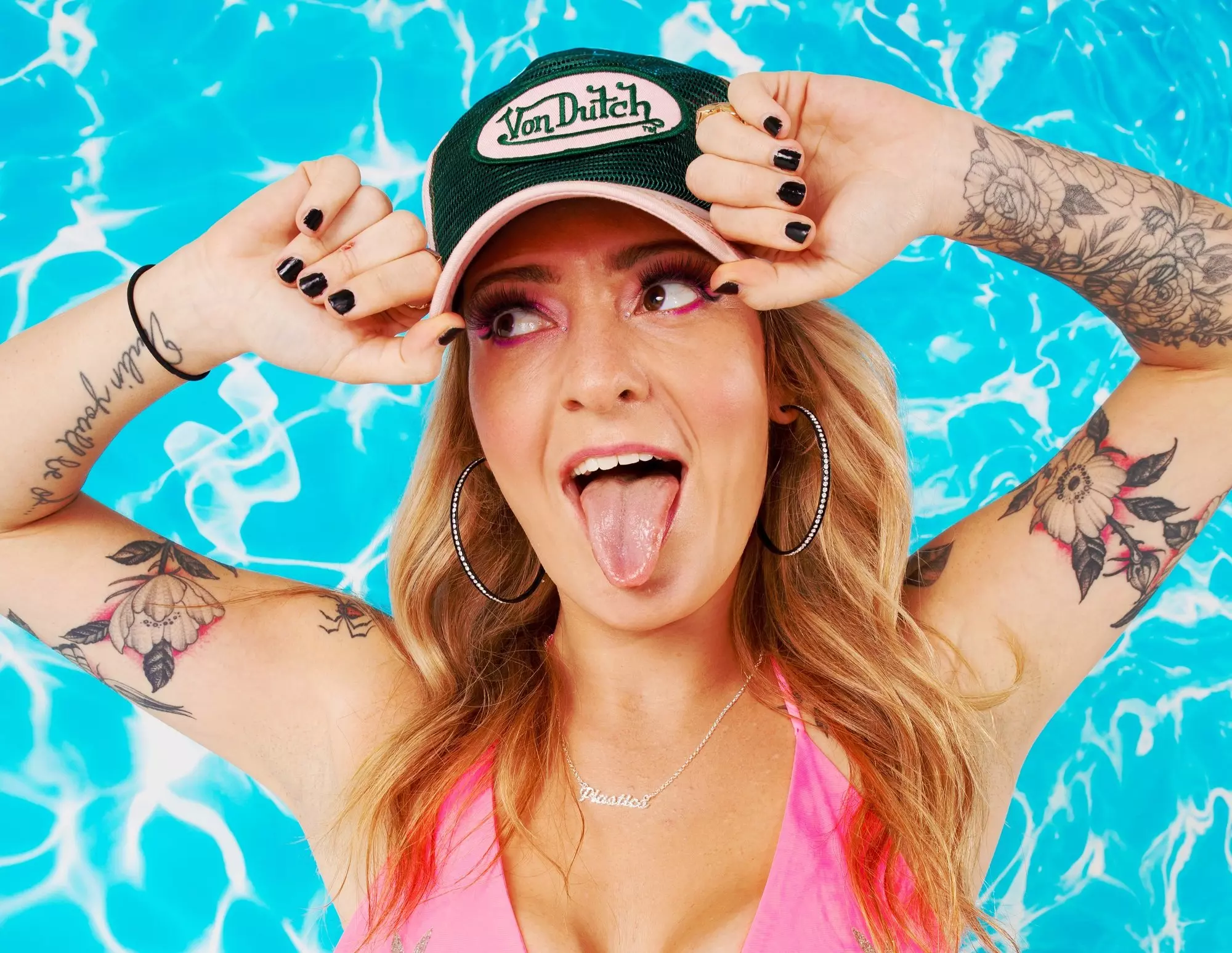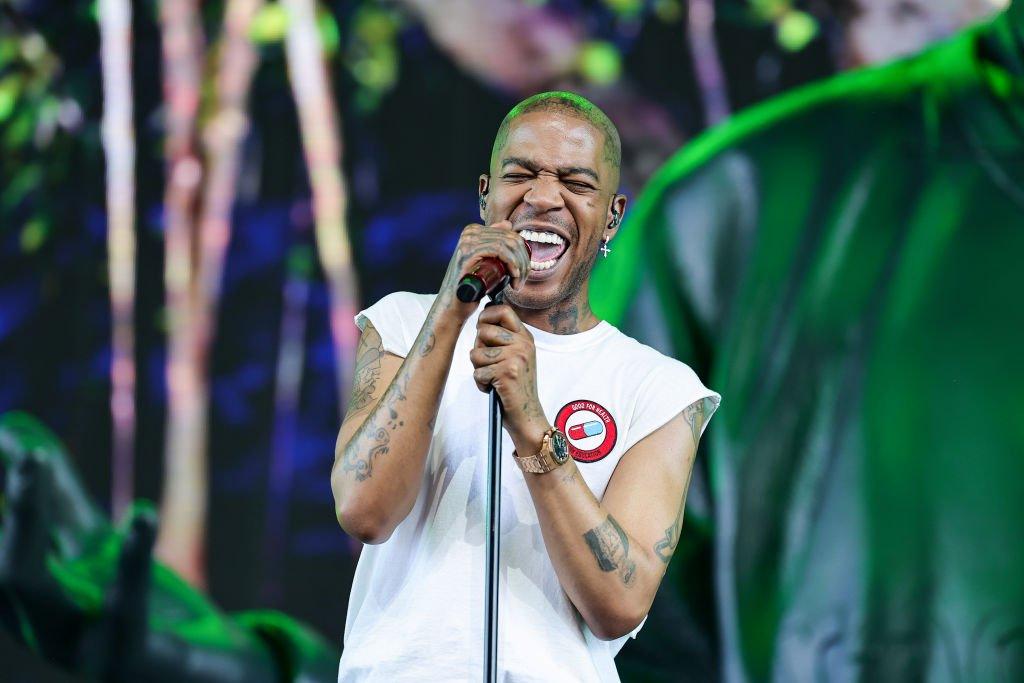In a world of braggadocio lyrics, where weakness is often looked down upon, hip-hop can often seem far from a safe place to discuss mental health.
But underneath its rugged exterior, hip-hop culture and its artists have long been proponents of well-being and discussing the importance of taking care of one's mental health. Openness about these topics has grown in recent years, including a 2022 panel discussion around hip-hop and mental health, co-hosted by the GRAMMY Museum, the Recording Academy's Black Music Collective, and MusicCares in partnership with the Universal Hip-Hop Museum.
"Artists are in a fight-or-flight mode when it comes to being in this game," said Eric Brooks, former VP of Marketing & Promotions at Priority Records who worked with NWA and Dr. Dre. "And there need to be strategies on how to deal with the inner battles that only happen in the mind and body."
The panel only scratched the surface of the many times hip-hop culture has illuminated critical mental health issues that often remain hidden or under-discussed in the music industry. In recognition of Mental Health Awareness Month, read on for 10 times hip-hop has shone a light on mental health.
J. Cole Apologized To Kendrick Lamar
A long-simmering beef between Drake and Kendrick Lamar was reignited in March 2024 when Metro Boomin' and Future released "Like That." The track featured a scathing verse from Kendrick, where he took aim at Drake and J. Cole, and referenced the pair's collaborative song "First Person Shooter."
The single begged for a response, and J. Cole, under what was presumably a significant amount of pressure, surprise-released his Might Delete Later. The album featured "7 Minute Drill," in which Cole calls Kendrick's To Pimp, A Butterfly boring.
But the same week Cole's album came out, he apologized to Kendrick onstage at his Dreamville Fest, saying it didn't sit right with his spirit and that he "felt terrible" since it was released. Cole added that the song didn’t sit right with him spiritually and he was unable to sleep. Cole subsequently removed "7 Minute Drill" from streaming services.
Strong debate followed about whether or not Cole should have removed the song. However, many heralded Cole’s maturity in the decision and said it was an important example of not doing things that don’t align with one's true emotions, and avoiding allowing others expectations of you weight down your own physical and mental health.
SiR Spoke Candidly About Depression & Sobriety
Although an R&B artist, TDE singer SiR is hip-hop adjacent, having collaborated with former labelmate Kendrick Lamar on tracks like "D'Evils" and "Hair Down." SiR recently spoke with GRAMMY.com about the troubles that followed him after the release of his 2019 album Chasing Summer.
"I was a full-blown addict, and it started from a string of depression [and] relationship issues and issues at home that I wasn't dealing with," SiR says. After the Los Angeles-based singer had hit rock bottom, he found the spark he needed to do something about it. His initial rehab stint was the first step on the road to change.
"I was there for 21 days [in 2021]. [The] second time, I was there for two months and the third time wasn't technically rehab…I did personal therapy, and, man, [that] did wonders," he recalls.
SiR also tackled the stigma many Black communities place on therapy and seeking help for mental health issues. "I would've never done something like that if I was in any other position, so I'm thankful for my issues because they led me to a lot of self-reflection and forgiveness," SiR says.
Big Sean Educated His Audience About Anxiety & Depression
One of the biggest challenges in addressing anxiety and depression is the feeling that those issues must be kept under wraps. In 2021, Big Sean and his mother released a series of videos in conjunction with Mental Health Awareness Month, in which the GRAMMY nominee opened up about his battles with depression and anxiety.
In one of those videos, Sean and his mother discussed the importance of sleep and circadian rhythms when managing depression and mental health issues. In an industry that prioritizes the grind, the hip-hop community often overlooks sleep — much to its detriment.
"Sleep is the most overlooked, disrespected aspect of our well-being," said Myra Anderson, Executive Director & President of the Sean Anderson Foundation and Big Sean's mother. "Even one day without good sleep can mess up your hormones severely."
As a busy recording artist, Sean concurs that, for him, a lack of sleep contributes to challenges with anxiety. “If I’m not in the right mindset, I don’t get the right sleep,” says Sean in the mental health video series. “Then that anxiety rides high, and my thoughts are racing. I’m somebody that lives in my head.”
G.Herbo's "PTSD" Addressed The Impact Of Street Violence
Eastside Chicago's G. Herbo is an artist vital to the city's drill music scene. On "PTSD," the title track of his 2020 album, Herbo raps about his struggles coping with violence and loss.
"I can't sleep 'cause it's a war zone in my head / My killers good, they know I'm hands-on with the bread / A million dollars ahead, I'm still angry and seeing red / How the f*ck I'm 'posed to have fun? All my n— dead."
The lyrics echoed the realities of what G. Herbo grew up seeing in O-Block, considered by many to be one of the most dangerous neighborhoods in Chicago. But it wasn't just a song title; G. Herbo was diagnosed with PTSD in 2019 and began therapy to manage it, showing that even rap's most hardened have opened themselves up to professional help.
"I'm so glad that I did go to therapy," G. Herbo told GRAMMY.com in July 2020. "I'm glad that I did take that leap of faith to just go talk to somebody about my situation and just my thoughts and get 'em to a person with an unbiased opinion."
Joe Budden Opens Up About His Darkest Times
In 2017, on the "Grass Routes Podcast," rapper-turned-podcaster Joe Budden opened up about multiple suicide attempts and his lifelong battle with depression.
"For me, there have been times where I've actually attempted suicide," Budden shared. "As open as I've been when it comes to mental health, it wasn't until retirement from rapping that I was able to dive into some of the things the fans have seen."
Never one to shy away from rapping about his mental health struggles, Budden songs like "Whatever It Takes" peel back the layers on an artist fighting his demons: "See, I'm depressed lately, but nobody understands / That I'm depressed lately, I'm sorta feelin repressed lately."
Budden continued to be a champion for mental health that year, including on his former Complex show "Everyday Struggle," where Budden broke down while discussing the suicide death of fellow rapper Styles P's daughter.
In recent years, Budden has uses his wildly popular "The Joe Budden Podcast" as a tool to discuss his own struggles and raise awareness of mental health issues.
Grandmaster Flash & The Furious Five Broadcast A Serious "Message"
Hip-hop culture has long used rap as a tool to highlight mental health and the everyday struggles of its community. Released in 1982, Grandmaster Flash and The Furious Five's "The Message" is an early, effective example of vulnerability in hip-hop.
"The Message" described the mental health impacts of poverty and inner-city struggle, describing desperate feelings and calling for support in underserved communities: "I can't take the smell, can't take the noise / Got no money to move out, I guess I got no choice." Perhaps the most recognizable lyric comes from Melle Mel, who raps, "Don't push me cause I'm close to the edge/I'm trying not to lose my head."
Eminem Got Honest About Depression While In Rehab
On "Reaching Out," Queen and Paul Rodgers sing "Lately I've been hard to reach / I've been too long on my own / everybody has a private world where they can be alone." These lyrics were sampled on the intro to Eminem's 2009 single "Beautiful," a raw tale of the rapper's struggles with depression. Half of the song was written while Eminem was in rehab, including lyrics like "I'm just so f—king depressed/I just can't seem to get out this slump."
The lyrics pierced the core of Eminem's audience, who were able to see the parallels between the struggles of a rap superstar and their own issues. The song reached the Top 20 of the Billboard Hot 100 and was nominated for a Best Rap Solo Performance GRAMMY Award. In an interview with MTV about the song, Eminem said it was an important outlet for him at a challenging time.
But it was far from the first time Eminem has discussed mental health. One of the earliest examples was in his song "Stan," where Eminem rapped from the perspective of an obsessed fan who ended up killing himself and his wife after Eminem failed to respond to his fan mail. In a 2000 interview, Eminem told MTV that he wrote the song to warn fans not to take his lyrics literally.
Logic Sparked Change With A Number
One of the most impactful moments hip-hop has seen regarding mental health and sparking change was when Logic released his song "1-800-273-8255" in 2017. The record, named after the real National Suicide Lifeline Prevention phone number, which is now 988, hit the top three on the US Billboard Hot 100.
Following the song's release, the British Medical Journal released a study sharing data that showed the song contributed to a 27 percent increase in calls to the prevention hotline that year and may have even contributed to an actual reduction in deaths by suicide.
Logic's single further proved that rap music's impact extends well beyond charts and sales. "1-800-273-8255" highlighted the connection artists have with their fans, as well as the ways music can be a tool to cope with challenges like mental health and suicidal thoughts.
Kid Cudi Opened Up About Suicidal Urges
Cleveland's own Kid Cudi has never shied away from putting his emotions on record, rapping vividly throughout his career about his struggles with mental health. Cudi records, like the hit single "Pursuit of Happiness," are brutally honest about trying to find happiness in a world filled with trials and tribulations.
In a 2022 interview with Esquire, Cudi recalled checking himself into rehab in 2016 for depression and suicidal urges. He had been using drugs to manage the weight of his stardom and even suffered a stroke while in rehab. "Everything was f—ed," Cudi said.
Cudi took a break to develop stability, returning to the spotlight with the 2018 project Kids See Ghosts in collaboration with Kanye West.. Today, Cudi and his music remain pillars of strength for those facing similar challenges.
Jay-Z Detailed The Importance Of Therapy & Getting Out Of "Survival Mode"
In 2017, Jay-Z released his critically acclaimed thirteenth studio album. 4:44 was packed with lessons on family, mental health, and personal growth.
An interview with the New York Times, Jay-Z discussed how helpful therapy had been to him. Therapy helped the rap superstar in his interactions with other people — something that had been hardened growing up as a black man in Marcy Projects. "I grew so much from the experience," he told the Times.
"I think the most important thing I got is that everything is connected. Every emotion is connected, and it comes from somewhere. I understand that, instead of reacting to that with anger, I can provide a softer landing and maybe, 'Aw, man, is you O.K.? You're in this space where you're hurting, and you think I see you, so you don't want me to look at you. And you don't want me to see you,'" he said. "You don't want me to see your pain."
The album also unpacked Jay-Z's infidelity. "I'll f— up a good thing if you let me," he raps on "Family Feud." In the same interview, Jay-Z shared that growing up in the hood put him into "survival mode," impacting his abilities to be a good partner and husband earlier in life.
"You shut down all emotions. So even with women, you gonna shut down emotionally, so you can't connect," he reflected. "In my case, like it's, it's deep. And then all the things happen from there: infidelity."
"I Made My ADHD Into My Strength": Understanding The Link Between Rap & Neurodivergence

